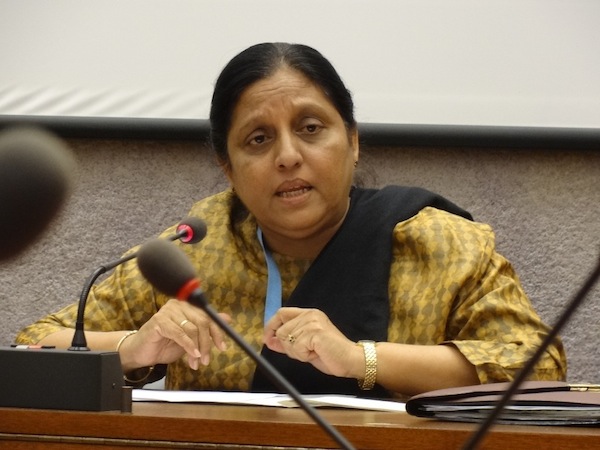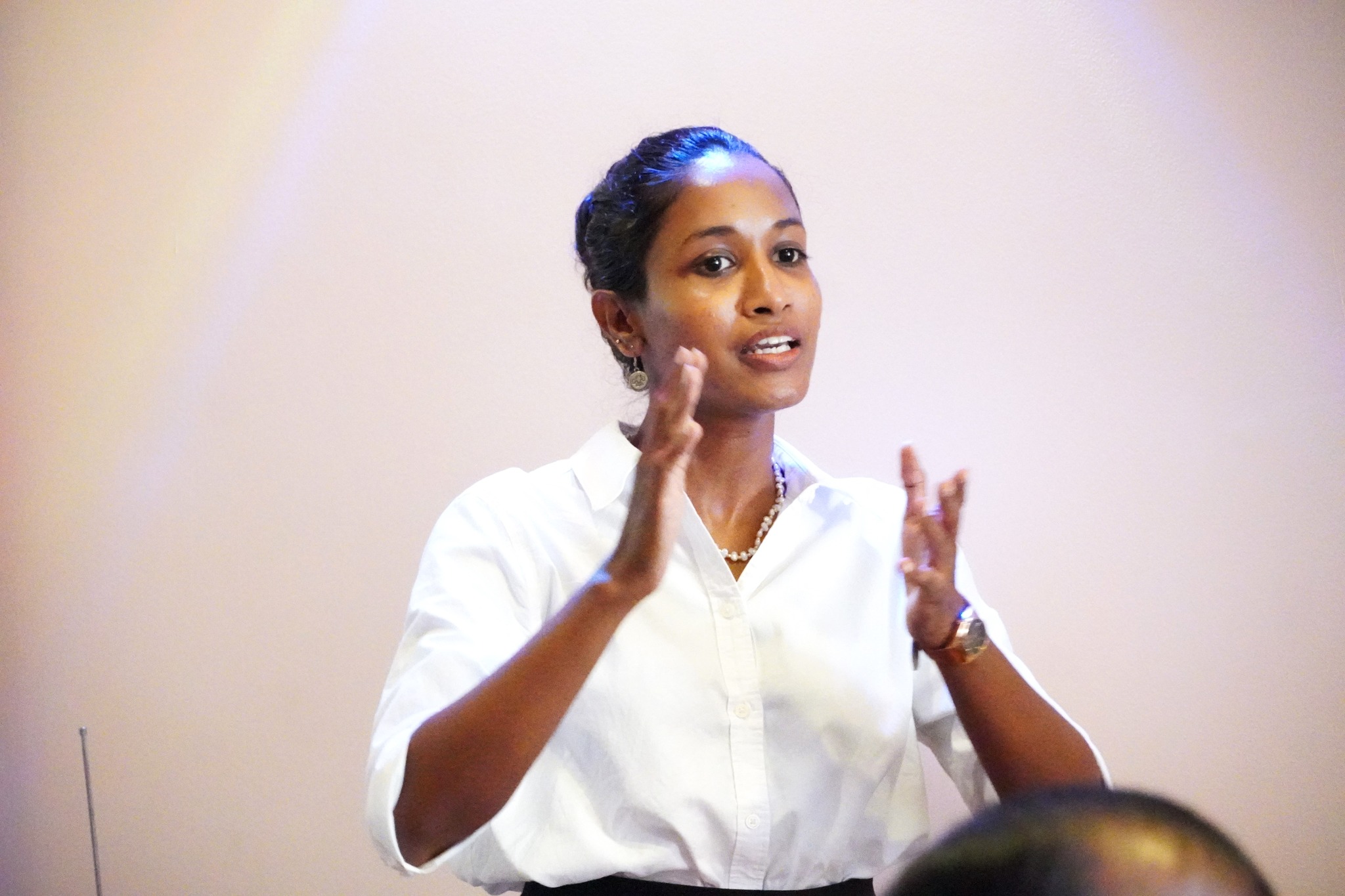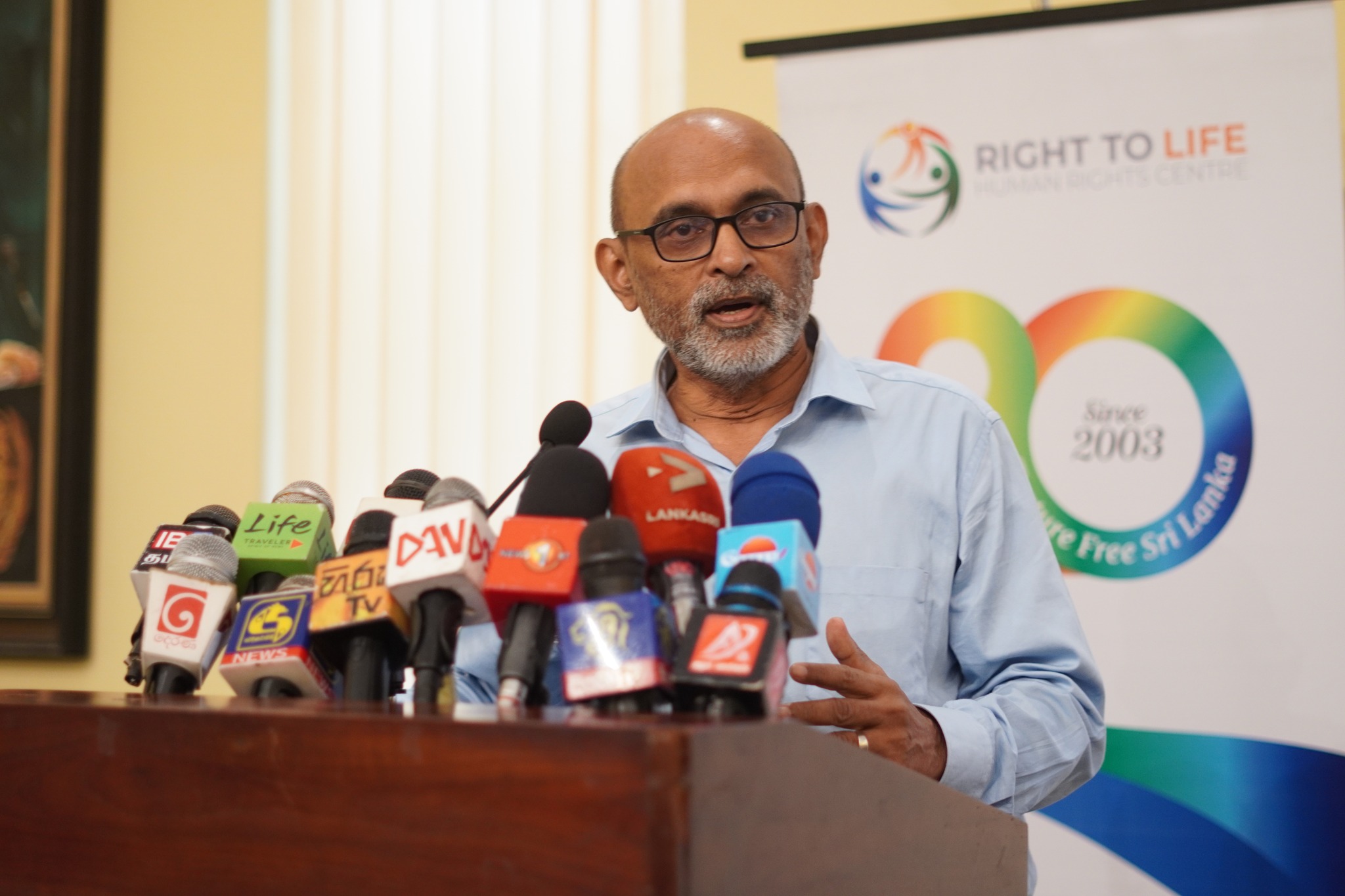“Who is Lasantha?”—a dismissive remark by former Sri Lankan President Gotabaya Rajapaksa, then Secretary of Defense, encapsulates the impunity surrounding the assassination of one of Sri Lanka’s most fearless journalists, Lasantha Wickramatunga.
On the morning of January 8, 2009, just days before his planned testimony in a case against the government, Wickramatunga was brutally attacked in broad daylight by unidentified assailants riding on motorcycles. He was beaten and fatally shot as he drove to work in Colombo. The murder sent shockwaves across the world, highlighting the dangerous climate for journalists in Sri Lanka, especially those critical of the government.
As the Editor-in-Chief of The Sunday Leader, Wickramatunga was one of the most vocal critics of the Rajapaksa administration. His investigative journalism exposed allegations of corruption, war crimes, and government misconduct during the final years of Sri Lanka’s civil war.
His death was not just a loss for press freedom in Sri Lanka—it was a stark message to dissenters. Before his assassination, Wickramatunga had even penned a chillingly prophetic posthumous editorial, foreseeing his own murder and blaming the government for fostering a culture of violence against journalists.
Months after the assassination, when a BBC journalist questioned Gotabaya Rajapaksa about the case, his response was a cold, dismissive, and defiant, “Who is Lasantha?” The statement underscored the state’s unwillingness to acknowledge or investigate the murder of one of the country’s most respected journalists. It symbolized the erosion of press freedom and the growing climate of fear under the Rajapaksa administration.
Justice Delayed, Justice Denied
Sixteen years later, despite multiple investigations and international pressure, justice for Lasantha Wickramatunga remains elusive. Key witnesses have been threatened, evidence has mysteriously disappeared, and the suspects remain unidentified. The case exemplifies the deep-rooted culture of impunity for crimes against journalists in Sri Lanka.
While the world continues to demand accountability, the question still lingers: Was Lasantha’s murder the cost of truth in a country that silences its bravest voices?


